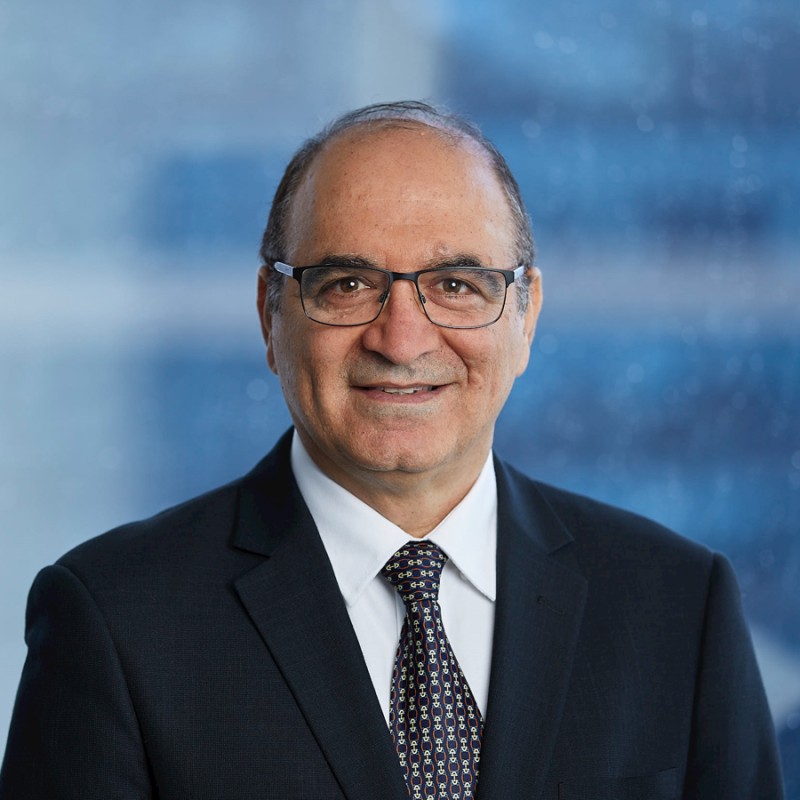Panel Discussion
Title: Energy Transition is not going as fast as initially intended, what's the impact on global decarbonisation objectives and power systems?

Dean Sharafi
Strategic Advisor – Energy Transition
Australian Energy Market Operator (AEMO), Australia
Host Panelist
Dean Sharafi is the Strategic Advisor on energy transition at the Australian Energy Market Operator (AEMO). Dean holds a degree in Applied Physics, a degree in Electrical Engineering and a degree in Business Management. He has around 30 years of experience in power system engineering which includes Power System Protection, High Voltage Systems, Asset Management and Power System and Electricity Market Operation.
He is a member of Australian Institute of Management, Cigre, Engineers Australia and a senior member the IEEE. Dean has been actively involved with IEEE Power and Energy Society initiatives and Cigre Working Groups over the last two decades and has served as a member of the Governing Board of the IEEE PES from 2017 to 2022.
Dean has published many papers on power system protection, condition monitoring, asset management and power system operations. He lectured for a decade as a Sessional Academic on Power System Earthing at Curtin University in Western Australia.
Dean is an Associate Editor for the IEEE Transactions on Power Systems Journal and an IEEE Distinguished Lecturer.
Dean is also the author of his memoire “The Unwilling Revolutionary.”
Abstract
Governments around the world have set ambitious targets for decarbonising their economy and moving towards net zero, but transitions toward low-carbon technologies have proven to be difficult. Electricity industry is the key to enable other industries, but we face serious headwinds. We haven’t been able to build the renewable energy to the extend that is anticipated and reliability of the power system is at risk. If the lights go out, governments could lose social licence for the energy transition.
The problem is that not enough new electricity infrastructure of the right kind is being built in the right place and at the right time. At the same time, closures of coal plants is being brought forward, while the construction of coal’s replacement – renewables, transmission, and storage – is being slowed down by inadequate planning, grid connection issues, slow regulatory approvals, community opposition, and supply chain issues.
Furthermore, some critical components of a net zero future have proved to be unachievable due to economic or technical challenges. This includes green hydrogen production, CCS, direct air capture and so on.
If we are not on the path to net zero as planned, should we have a Plan B? what does this plan look like? What are the technical challenges we will be facing?